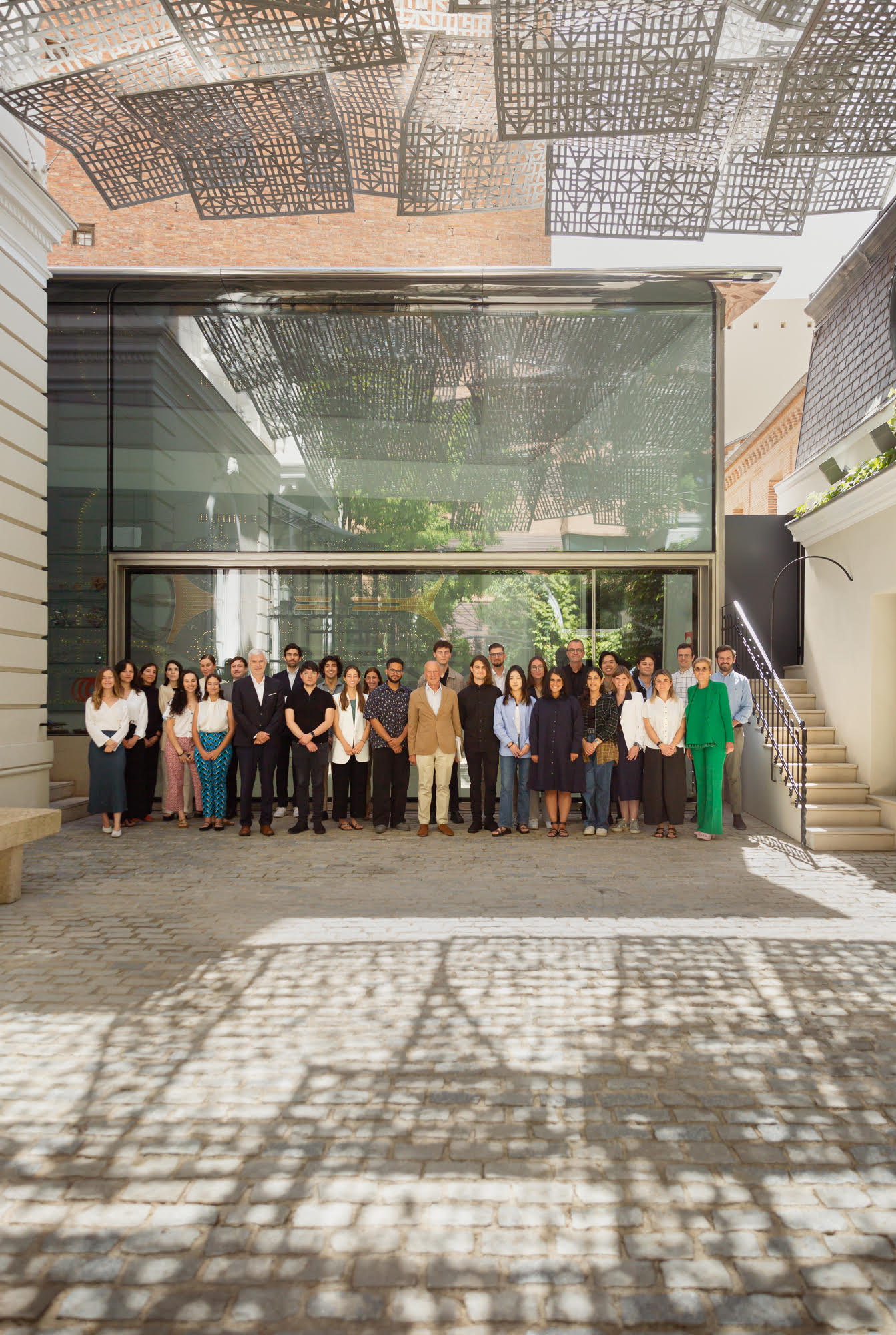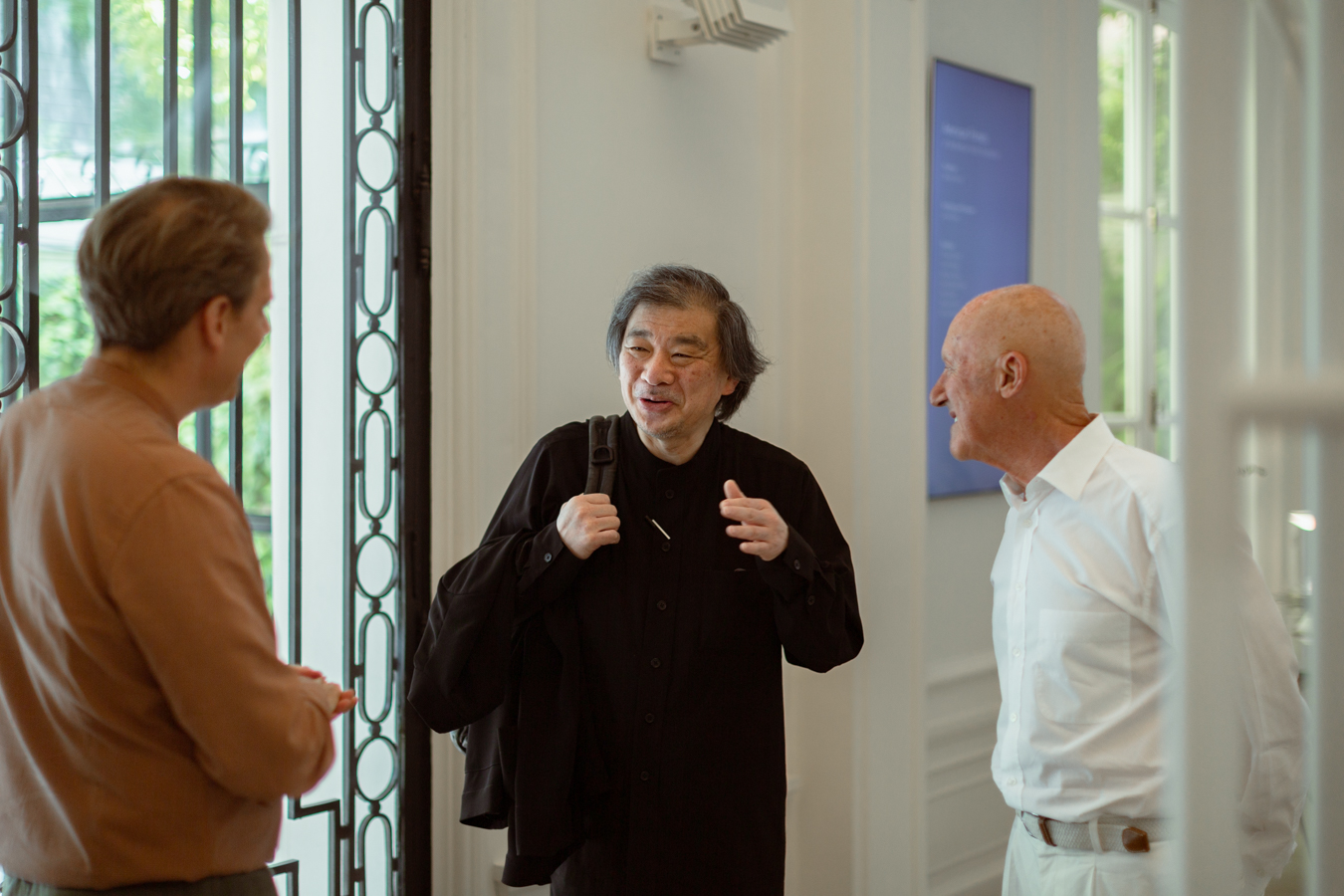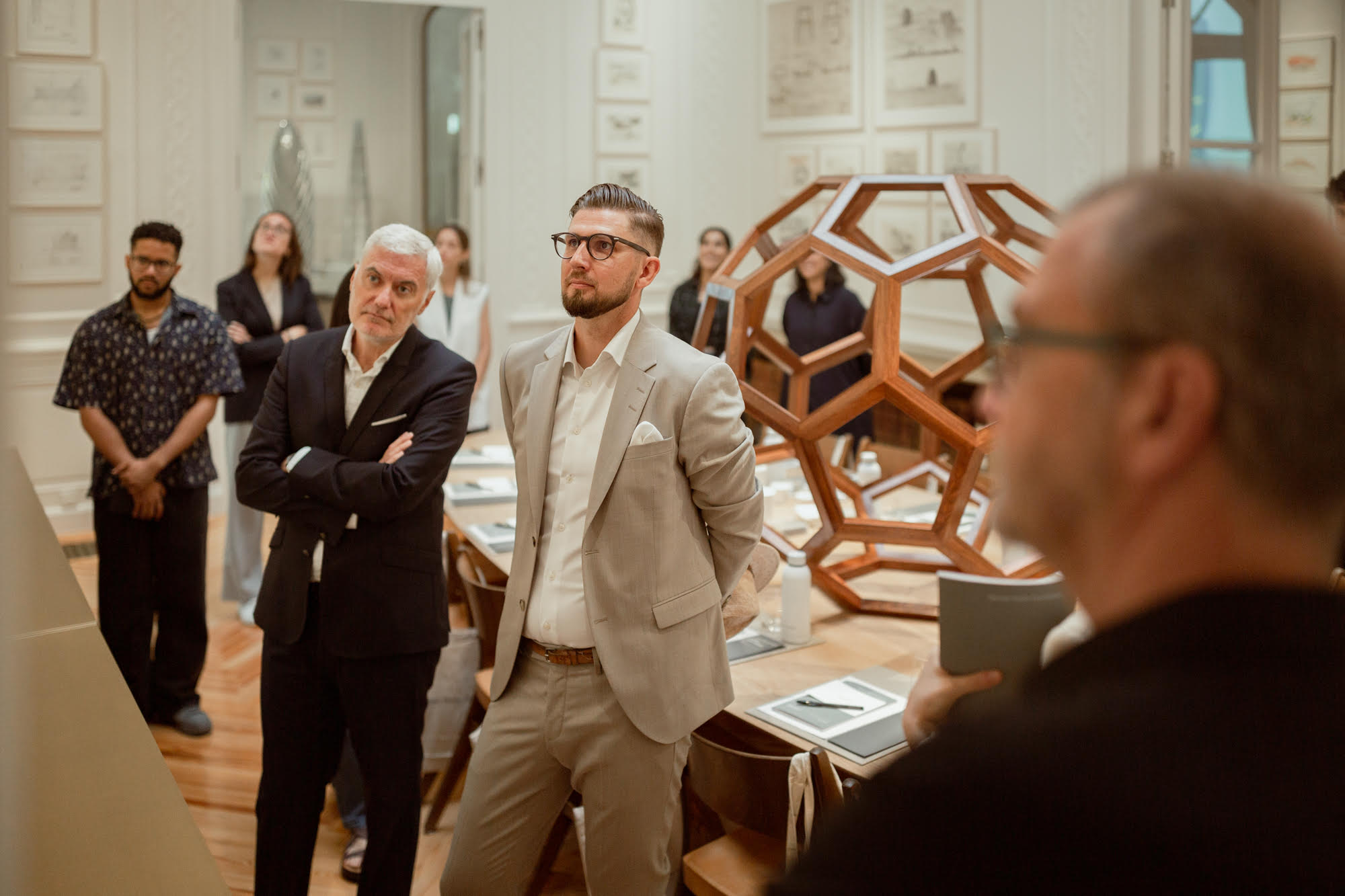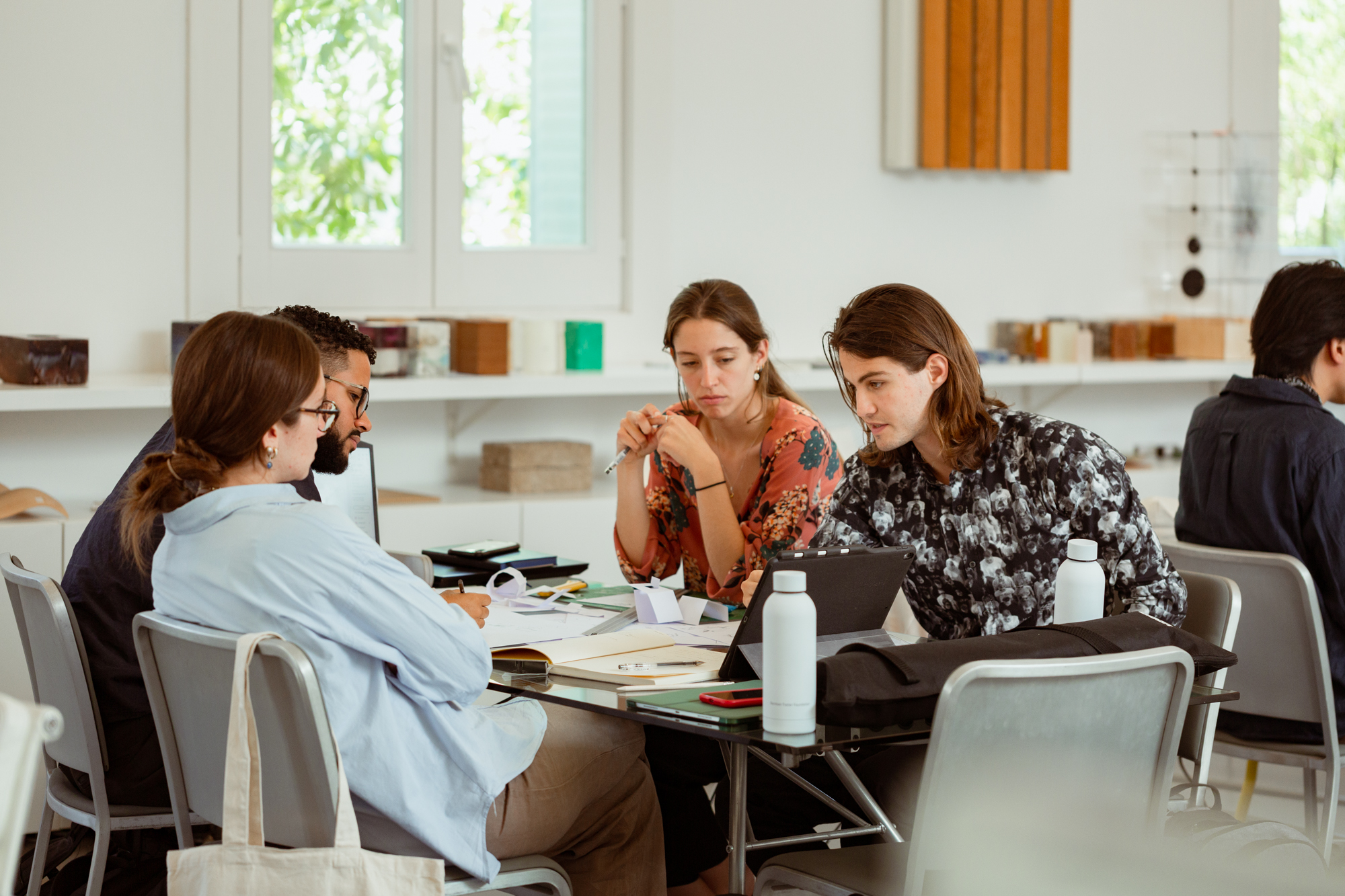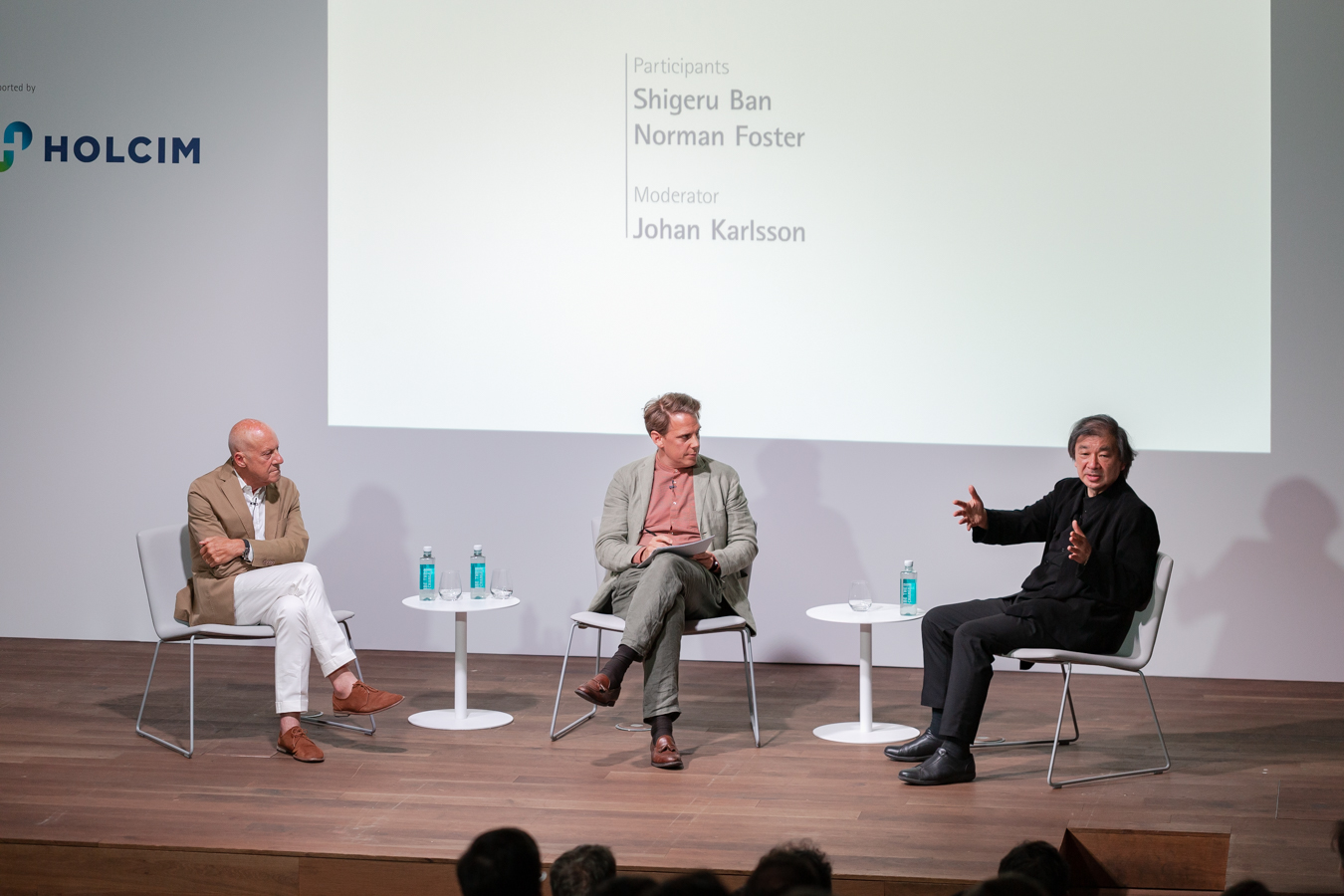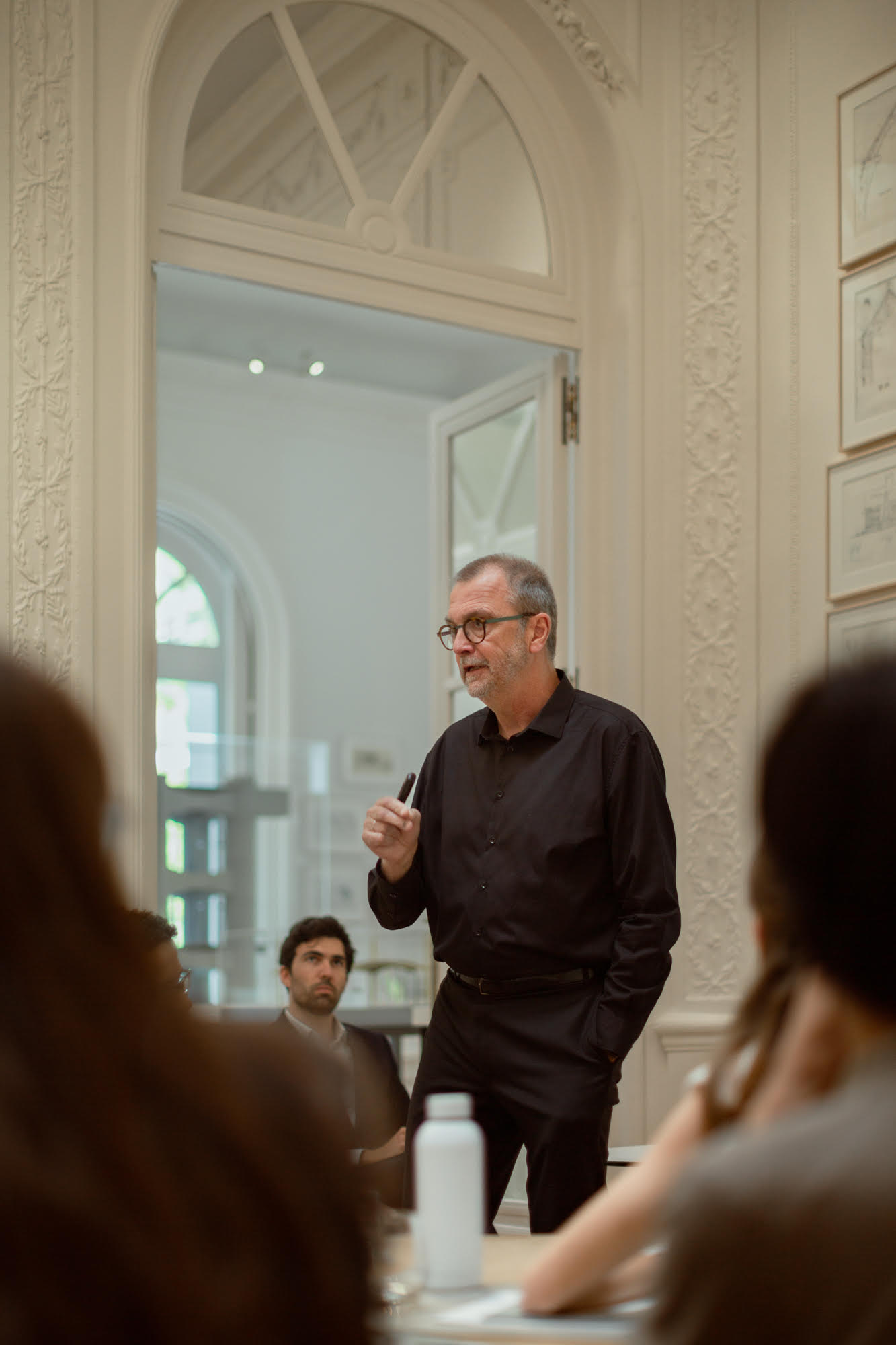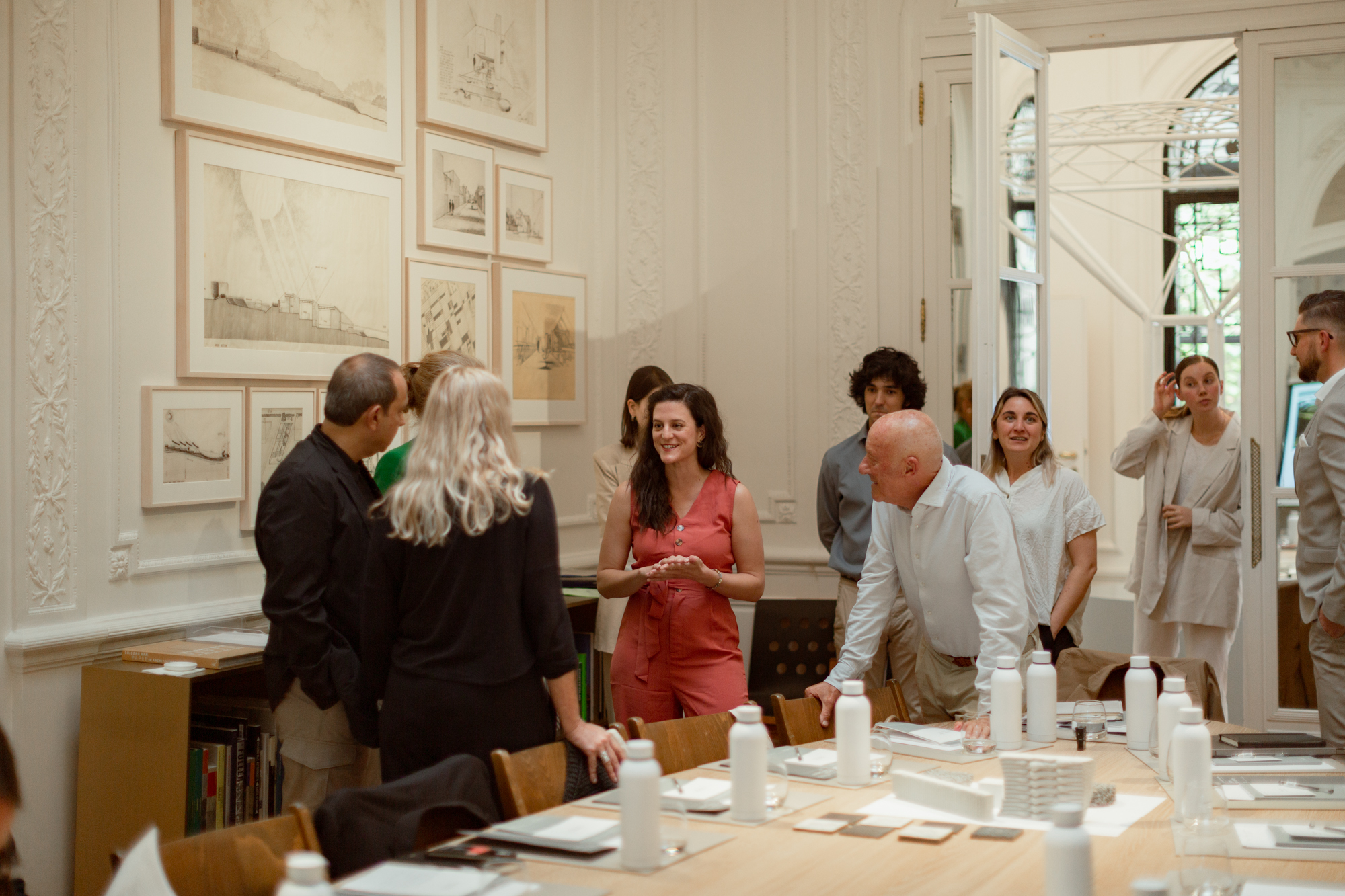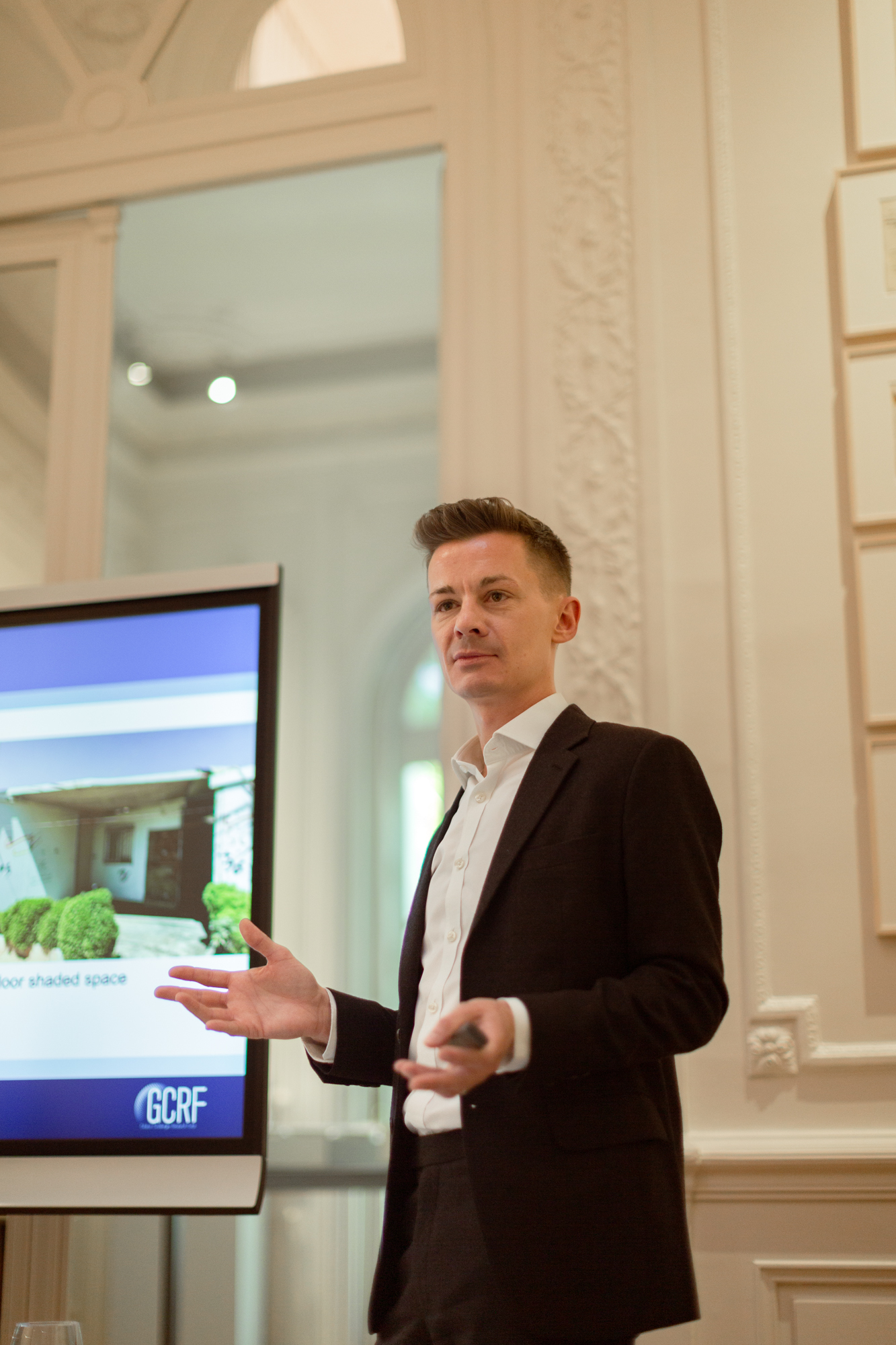Norman Foster Foundation Workshop 2022 – Shelters
The Norman Foster Foundation Shelters Workshop took place from 6-10 June 2022 with the support of Holcim.
‘Eighty million people were displaced in 2021 due to conflict and natural disasters and, in just over two months, the Ukraine crisis has forced another 12.5 million people to flee within the country or to neighbouring ones. The average duration of displacement is twenty-six years, so, while we tend to think of displacement as something temporary, most often, it is not.’ states the workshop’s Mentor, Johan Karlsson, Managing Director, Better Shelter, Stockholm, Sweden. As he puts it, ‘as an international community and humanitarian actors, we must do everything in our power to save lives, alleviate suffering and mitigate the effects of displacement. We must take action to reverse the course of the climate emergency, and the needs posed by ongoing crises must be met now.’
The Norman Foster Foundation’s 2022 Shelters Workshop, supported by Holcim, tackled the challenges and potential solutions to provide emergency shelter to vulnerable communities. The scholars developed a concept for building 1,000 shelter units and a medical facility in one day.
A five-day event led by Johan Karlsson, Managing Director, Better Shelter, Stockholm, Sweden, the workshop included seminars, lectures, one-to-one tutoring and architectural tours.
In collaboration with local and global partners, Better Shelter provides shelter as temporary homes for displaced families to live safely, and infrastructure to promote improved health, protection and education. One of the shelters was at the Norman Foster Foundation Headquarters during the workshop to provide the scholars with the possibility of understanding how these communities live, and act as inspiration for new solutions.
The Workshop’s Academic Body spans a wide range of practitioners that work in different fields related to sustainability. The Academic Body includes: Shigeru Ban, Founder and Principal Architect, Shigeru Ban Architects, Tokyo, Japan; Teddy Cruz, Professor of Public Culture and Urbanism, University of California, San Diego (UCSD), San Diego, CA, United States; Fonna Forman, Founding Director, Center on Global Justice, University of California, San Diego (UCSD), San Diego, CA, United States; Elena Giral, Project Manager, European Emergency Shelter and Emergency Transport and Logistics, European Commission (EC)–Directorate-General for European Civil Protection and Humanitarian Aid Operations, Brussels, Belgium; Christophe Levy, Scientific Director and Director of Concrete and Aggregates Research and Development (R&D), Holcim Innovation Center (HIC), Lyon, France; and John Orr, University Lecturer in Concrete Structures, University of Cambridge, Cambridge, United Kingdom.
After reviewing hundreds of applications submitted by candidates from around the world, the selection committee awarded ten scholarships to students from the following universities and institutions: Advanced Architecture, Institute of Advanced Architecture of Catalonia (IAAC), Barcelona, Spain; Barlett School of Architecture, University College London (UCL), London, United Kingdom; Cornell University, Ithaca, NY, United States; Eidgenössische Technische Hochschule (ETH Zürich), Zürich, Switzerland; Graduate School of Design (GSD), Harvard University, Cambridge, MA, United States; Politecnico di Milano, Milan, Italy; and Universidad Politécnica de Madrid, Madrid, Spain.

